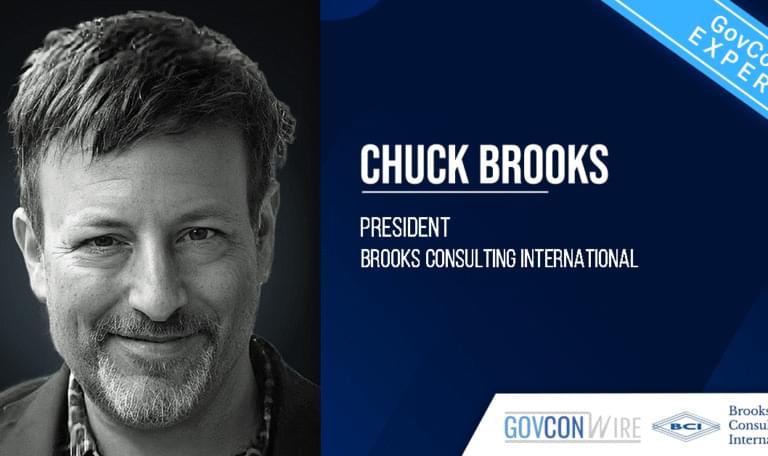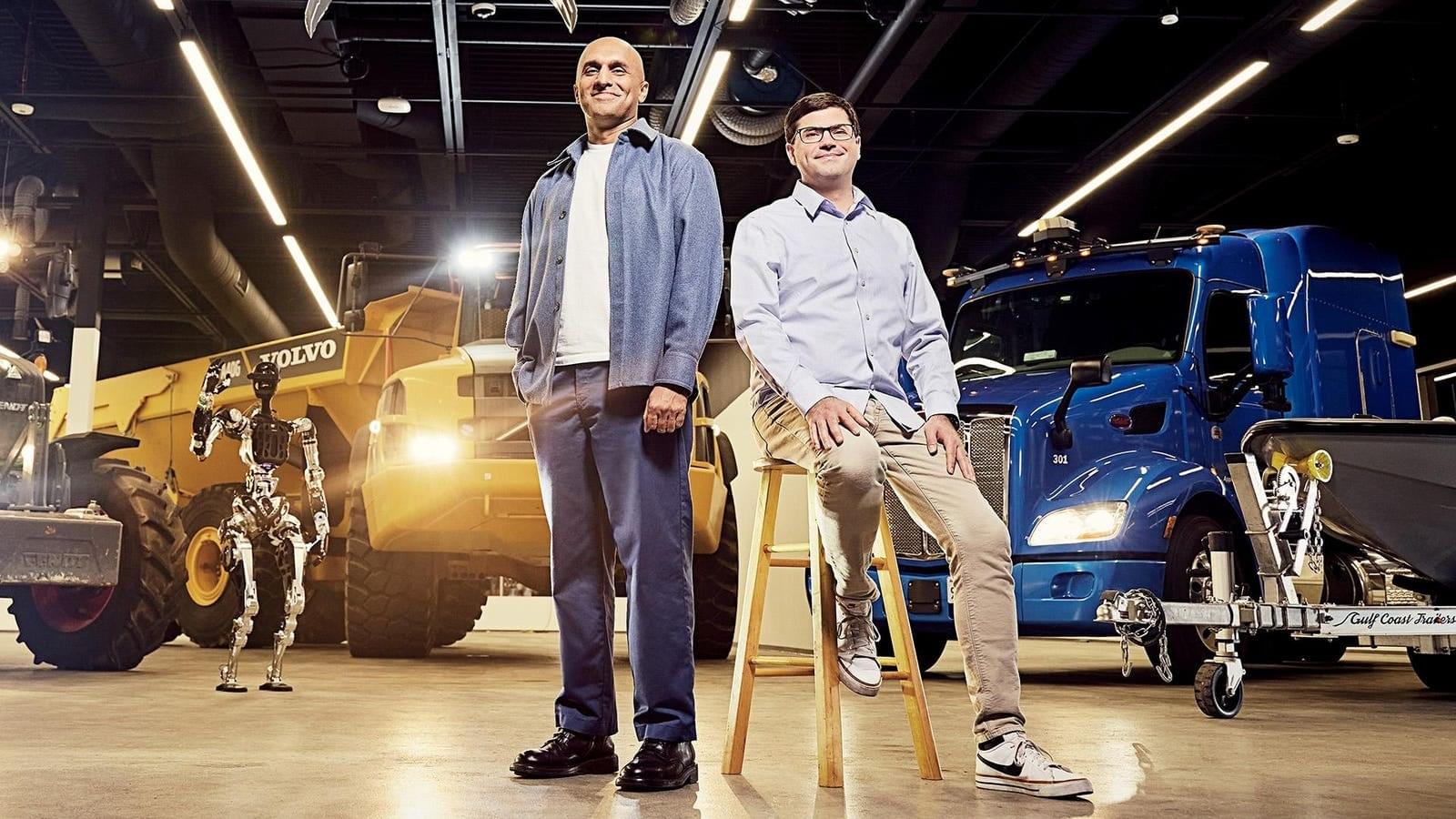In recent weeks, a range of large “software-as-a-service” companies, including Salesforce, ServiceNow and Oracle, have seen their share prices tumble.
Even if you’ve never used these companies’ software tools, there’s a good chance your employer has. These tools manage key data about customers, employees, suppliers and products, supporting everything from payroll and purchasing to customer service.
Now new “agentic” artificial intelligence (AI) tools for business are expected to reduce reliance on traditional software for everyday work. These include Anthropic’s Cowork, OpenAI’s Frontier and open-source agent platforms such as OpenClaw.









